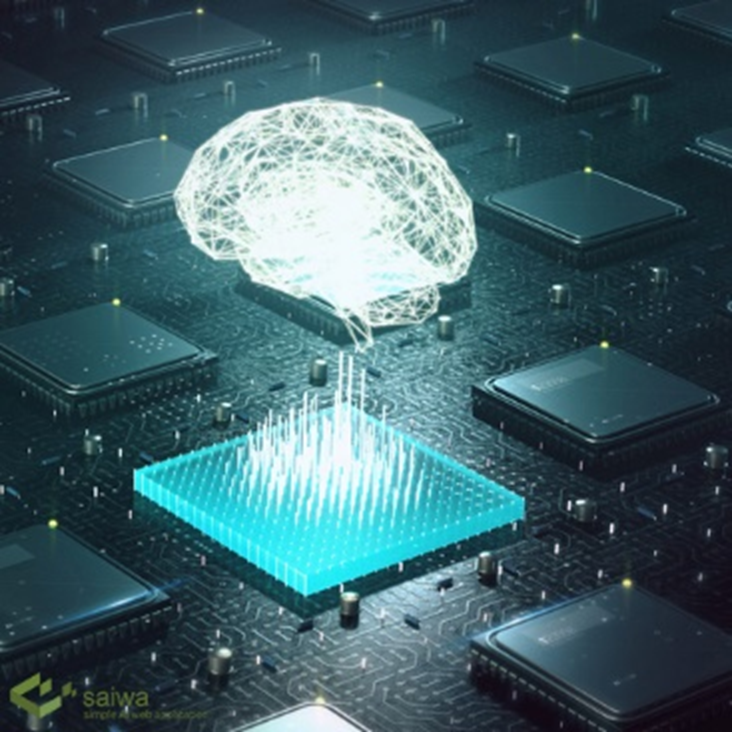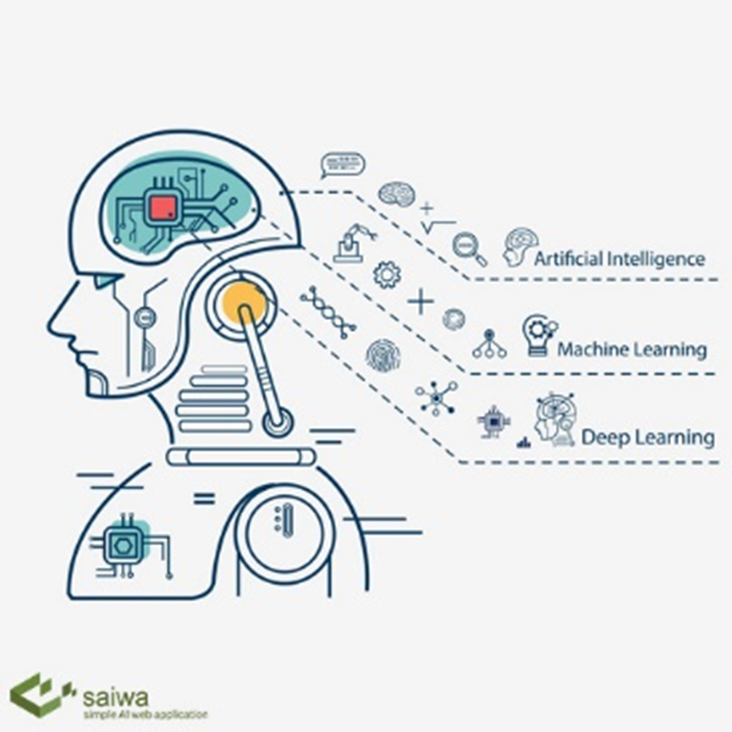machine learning As a service
Introduction
Machine Learning (ML) is a rapidly evolving field of Artificial Intelligence (AI) that enables computers to learn and make predictions or decisions without being explicitly programmed. It has gained significant attention in recent years due to its potential to extract valuable insights from large datasets. Machine Learning as a Service (MLaaS) is a cloud-based offering that allows organizations and individuals to leverage the power of ML without investing in the infrastructure or having extensive expertise in the field.
What is Machine Learning as a Service (MLaaS)?
Machine Learning as a Service is a cloud-based platform that provides users with the necessary tools, algorithms, and infrastructure to develop and deploy machine learning models. MLaaS enables organizations to access and utilize ML capabilities without the need for extensive hardware and software resources. It offers a convenient and cost-effective solution for businesses to incorporate ML into their operations.
Benefits of Machine Learning as a Service
Accessibility and Scalability: MLaaS platforms provide easy access to ML tools and resources, eliminating the need to invest in expensive hardware and software infrastructure. Users can leverage the power of ML without the need for in-depth technical knowledge or expertise. Additionally, MLaaS offers scalability, allowing organizations to quickly adjust resources according to their requirements, ensuring optimal performance without infrastructure limitations.
Reduced Development Time and Cost: MLaaS platforms streamline the development process by providing pre-built ML algorithms, libraries, and frameworks. This reduces the time and effort required to build ML models from scratch. By eliminating the need for extensive coding and algorithm development, MLaaS reduces development costs, making ML accessible to a wider audience.
Focus on Core Competencies: For organizations that do not specialize in machine learning, MLaaS allows them to focus on their core competencies while leveraging ML capabilities. By outsourcing ML infrastructure and expertise to MLaaS providers, organizations can concentrate on their business goals and leave the technical intricacies to the experts.
Flexibility and Customization: MLaaS platforms offer a wide range of ML algorithms and models that can be customized to suit specific business needs. Users can choose from various algorithms and data processing techniques, ensuring that the ML models align with their unique requirements. This flexibility allows organizations to develop tailored ML solutions that address their specific challenges.
Continuous Improvement and Updates: MLaaS providers constantly update their platforms with the latest algorithms and techniques, ensuring that users have access to cutting-edge technology. Regular updates and improvements keep ML models up to date with industry standards and allow organizations to benefit from advancements in the field without additional effort.
Use Cases of Machine Learning as a Service
Predictive Analytics: MLaaS can be used to develop predictive analytics models that help organizations forecast future trends and make data-driven decisions. By analyzing historical data, ML models can identify patterns and make accurate predictions, enabling businesses to optimize operations, anticipate customer needs, and mitigate risks.
Fraud Detection: MLaaS can assist organizations in detecting and preventing fraudulent activities by analyzing large volumes of data in real-time. ML models can learn from historical data to identify patterns and anomalies associated with fraudulent behavior, enabling early detection and proactive measures to minimize financial losses.
Natural Language Processing (NLP): NLP is a branch of ML that focuses on understanding and processing human language. MLaaS platforms provide NLP capabilities, allowing organizations to develop chatbots, sentiment analysis tools, language translation services, and more. NLP-powered solutions enhance customer experience, automate workflows, and improve communication efficiency.
Recommender Systems: MLaaS can be utilized to develop recommender systems that provide personalized recommendations to users based on their preferences and behavior. These systems are widely used in e-commerce, streaming platforms, and content recommendation engines, enhancing user experience and driving engagement.
Advancements in Machine Learning as a Service
AutoML: AutoML, short for Automated Machine Learning, is a significant advancement in MLaaS. It enables users to automate the process of building ML models, from feature engineering to hyperparameter tuning. AutoML algorithms automatically select the best models and configurations, making ML more accessible to users with limited ML expertise.
Deep Learning: Deep Learning, a subset of ML, focuses on training artificial neural networks with multiple layers to extract high-level representations from data. MLaaS platforms are now incorporating deep learning frameworks, such as TensorFlow and PyTorch, enabling users to build and deploy complex deep learning models for tasks like image recognition, natural language processing, and speech recognition.
Federated Learning: Federated Learning is a distributed approach to ML where models are trained collaboratively across multiple devices or servers without transferring sensitive data to a central location. MLaaS providers are exploring federated learning techniques, ensuring privacy and security while allowing organizations to leverage the power of ML on decentralized data sources.
The Saiwa machine learning services
Saiwa's machine learning services make it easy to create, train, deploy, and manage custom learning models. Saiwa is a business-to-business and business-to-consumer service platform that offers artificial intelligence and machine learning as a service. At Saiwa, we have made it possible for people and organizations to have access to personalized artificial intelligence and machine learning services at a low cost and without the requirement for machine learning skills and expertise. Saiwa is an easy-to-use Internet service provider for a variety of artificial intelligence applications.
Saiwa has always strived to gather and use experimental data that has been properly validated and researched in laboratories, as an experienced and talented organization in the field of artificial intelligence and machine learning. Nonetheless, because of time and budget restrictions, the likelihood of implementing.
Conclusion
Machine Learning as a Service offers organizations and individuals the opportunity to leverage the power of ML without the need for extensive resources or expertise. MLaaS platforms provide accessibility, scalability, reduced development time and cost, flexibility, and continuous improvement. With applications ranging from predictive analytics to fraud detection and NLP, MLaaS holds immense potential for businesses in various sectors. As ML continues to advance, MLaaS will play a crucial role in democratizing access to this transformative technology, driving innovation, and enabling organizations to make data-driven decisions for sustainable growth.




Comments
Post a Comment